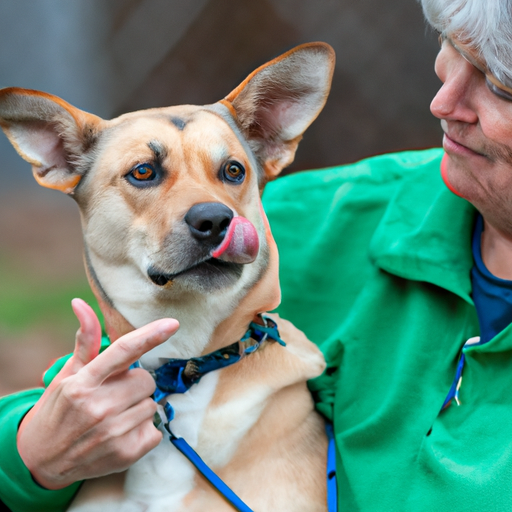Aggression in dogs can be a challenging problem for pet owners. But don’t worry, you’re not alone, and there are solutions. Here’s a comprehensive guide on how to stop aggressive behavior in dogs, especially for you, the caregiver.
H2: Understanding the Root Causes of Aggression
Understanding the root cause of your dog’s aggression is the first step to addressing it.
- Fear Aggression: Dogs often become aggressive out of fear. This might be due to past trauma, lack of socialization, or a specific phobia.
- Territorial Aggression: Dogs are inherently territorial and can become aggressive if they feel their territory is being threatened.
- Resource Guarding: Dogs may become aggressive when guarding their food, toys, or other valued possessions.
- Redirected Aggression: If a dog is frustrated or overexcited, they may redirect their aggression onto someone else.
H2: Recognizing the Signs of Aggression
Recognizing the signs of aggression can help you intervene before a situation escalates. Look out for these signs in your dog:
- Growling or snarling
- Baring teeth
- Lunging or charging
- Biting or snapping
H2: Implementing Behavior Modification Techniques
There are several behavior modification techniques you can use to help manage your dog’s aggression.
| Technique | Description |
|---|---|
| Counter Conditioning | Change your dog’s emotional response to the triggers that cause their aggression. |
| Desensitization | Gradually expose your dog to their trigger to reduce their aggressive response. |
| Response Substitution | Teach your dog an alternative behavior to replace the aggressive behavior. |
H2: Seeking Professional Help
If your dog’s aggression is severe or you’re struggling to manage it on your own, it may be time to seek professional help. A certified animal behaviorist or a professional dog trainer can provide invaluable support.
H2: Mitigating Risks and Safety Precautions
While working on your dog’s aggressive behavior, it’s critical to ensure the safety of people and other pets.
- Never leave an aggressive dog unsupervised with children or other pets.
- Use a muzzle if necessary.
- Avoid situations that you know trigger your dog’s aggression.
Frequently Asked Questions (FAQs)
Q: Can aggression be bred out of dogs?
A: Genetics can play a role in aggression, but it’s more about the individual dog’s experiences and training.
Q: Are certain breeds more prone to aggression?
A: While some breeds have certain tendencies, it’s not appropriate to label an entire breed as aggressive.
Q: Should I punish my dog if he’s aggressive?
A: Punishment can often escalate aggression. It’s better to use positive reinforcement and behavior modification techniques.
Remember, patience and consistency are key when dealing with an aggressive dog. If you continue to struggle, don’t hesitate to seek professional help. There is always a way forward for you and your canine companion.



